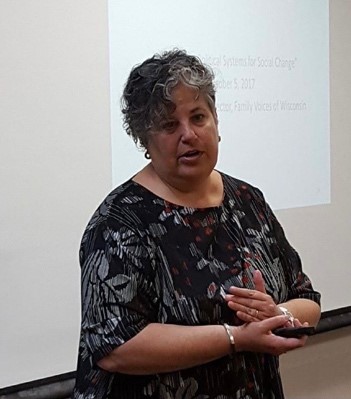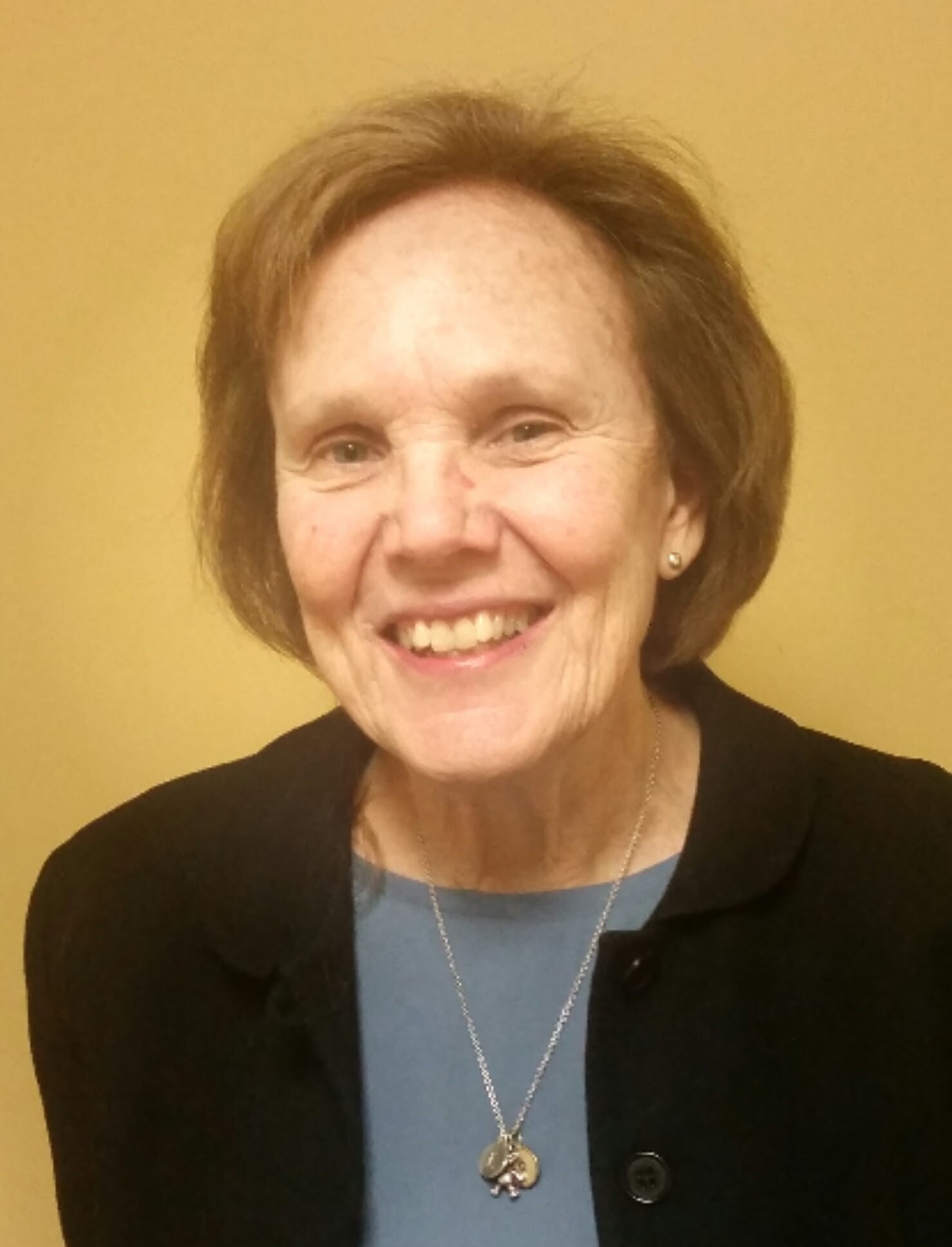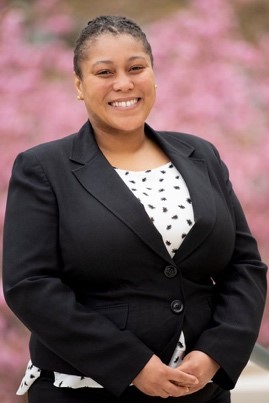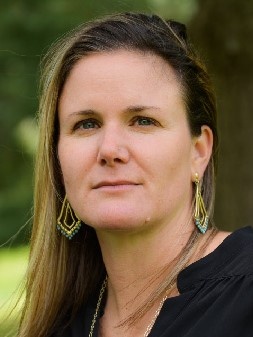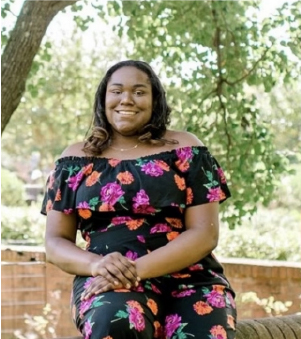Learning Collaborative Cohort 2
This Learning Collaborative (LC) will improve Family Engagement and Leadership in Systems of Care (FELSC). Family Voices leads this MCHB-funded cooperative agreement, and the Learning Collaborative is led by Family Voices and the National Institute for Children’s Health Quality (NICHQ), experts on quality improvement. This cohort runs from January 2025 through December 2025. The Learning Collaborative (LC) supports five multi-disciplinary teams who will learn about the Blueprint for Change. This cohort focuses on financing services and social drivers of health. Health care financing policies and structures pose significant challenges for families of children and youth with special health care needs (CYSHCN), including finding appropriate and knowledgeable provider care teams, ensuring adequate and continuous coverage for services, and ensuring benefit adequacy. The Blueprint for Change includes a vision for financing services so that health care systems and other related services are accessible, affordable, comprehensive, continuous, and prioritize the wellbeing of CYSHCN and their families.
Learning Collaborative Aim
By October 1, 2025, state teams will implement strategies that make services for CYSHCNs more available and known to families so that there is an increase in services accessed by 10% or more; and 80% or more of participating teams develop the ability to use related system level data to understand and inform change To achieve this aim, this cohort will:
- identify barriers within their respective states
- Determine which communities have the highest health disparities due to financing barriers
- Target barriers by creating a comprehensive plan to increase accessibility, affordability, and improved wellbeing for CYSHCN and their families
Family Voices’ partner, NICHQ, an expert on quality improvement initiatives, will facilitate Learning Collaborative activities and innovations. As a member of the LC, teams will test innovations and changes to improve financing for health services of CYSHCN, such as state Medicaid expansion for CYSHCN, greater transparency in medical necessity processes and determinations, and adequate reimbursement and funding. Financing innovations must use both current and new measures to assess value and provide evidence for iterative improvements.
Team Composition
Applicants will create their own teams, composed as follows:
- A family-led organization such as a F2F
- At least 2 families/caregivers
- At least 1 youth/young adults with SHCN as team members
- Family Voices can support recruiting and engaging if needed
- Additional partners may include Title V partners, clinicians and practices, schools, early childhood systems, mental/behavioral health systems, payors, community-based organizations, workforce development initiatives, among others.
Each team will establish a co-leadership that includes a family-led organization such as an F2F and at least two families/caregivers and one youth/young adult with CYSHCN as team members. Each team must identify one family partner who is the Financial Manager for handling and disbursing stipends, and another family partner as Team Lead.
What Teams Will Do
Learning Community teams play a critical role implementing best practice standards for equitable family and youth engagement by assessing what already exists, gaps and conducting quality improvement activities to address gaps. Teams will:
- Gain expertise and capability in building capacity for quality improvement
- Learn from colleagues in different states
- Make an impact on advancing equitable family engagement systems prioritizing well-being and optimal health for children and youth with special healthcare needs in their communities and states.
Team Expectations
Core Members
- Participate in one monthly Action Period call (all core members), including a brief assignment with associated questions.
- Participate in monthly team meetings as scheduled by the team lead.
- Test change ideas in between calls
Team Leads
- Participate in one Team Lead call each month to ask questions and receive support (QI team lead)
- Submit monthly progress reports, including monthly measures, summary of changes tested, successes and challenges
- Facilitate at least one state team meeting each month
Stipend/Compensation
Each accepted team will receive a total stipend of $2,500 paid out in quarterly increments of $625, of which all family and youth/young adult partners should receive a portion.
Technical Requirements
- We will utilize Zoom for Learning Collaborative meetings.
- All documents will be shared via Google Docs and/or Viva Engage.
How to Apply
Before applying, each team must establish a co-leadership partnership that includes:
- A family-led organization such as an F2F
- At least two families/caregivers of CYSHCN
- At least one youth/young adult with SHCN
Additional partners within their state/territory, which may include:
- Title V
- Clinicians and practices
- Schools
- Early childhood systems
- Mental/behavioral health systems
- Payors
- Community-based organizations
- Workforce development initiatives
- Others with a broad influence on the lives and health of children and families
The application requires teams to identify how teams will engage and make group activities accessible to family and youth partners and how these partners will be compensated. Applicants will also need to describe waiver access in your state. Interested teams should apply online by December 8, 2024 using the following application link. The Learning Collaborative will begin January 22nd, 2025.
Questions?
Contact Suzanne Farris, FELSC Project Director, at sfarris@familyvoices.org with questions.



